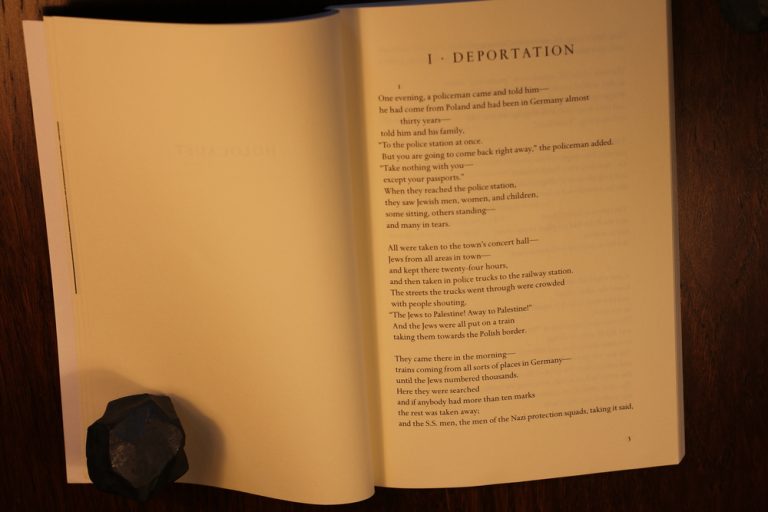

Hitler had stated: “The war is to be a war of annihilation.” Hitler’s henchman Heinrich Himmler declared: “All Poles will disappear from the world. . . September 1939 started a relentless horror for the Polish people. Only in this way can we obtain the living space we need.” As Richard Lukas states: “To the Nazis, the Poles were Untermenschen (subhumans) who occupied a land which was part of the Lebensraum (living space) coveted by the superior German race.” Thus, Hitler authorized his troops to kill “without pity or mercy all men, women, and children of Polish descent or language. When Hitler’s armies invaded Poland in September 1939, they were under orders to carry out Hitler’s policy of obtaining Lebensraum, living space, for the German people.


Lukas also states: “To them, the Holocaust was unique to the Jews, and they therefore have had little or nothing to say about the nine million Gentiles, including three million Poles, who also perished in the greatest tragedy the world has ever known.” Yet, by excluding others from inclusion in the Holocaust, the horrors that Poles, other Slavs, and Gypsies endured at the hands of the Nazis are often ignored, if not forgotten.” From a psychological point of view, it is understandable why Jews today prefer that the term refer exclusively to the Jewish experience. Writer Richard Lukas states: “The word Holocaust suggests to most people the tragedy the Jews experienced under the Germans during World War II. Yet, are justice and truth served in having “Holocaust” apply only to the Jewish victims of the Nazi era? This could easily give the impression that only Jews suffered and died at the hands of the Nazis. HOLOCAUST-what does it mean? According to some dictionaries, it was the genocidal slaughter of European Jews by the Nazis during World War II. “The genocidal policies of the Nazis resulted in the deaths of about as many Polish Gentiles as Polish Jews, thus making them co-victims in a ‘Forgotten Holocaust.’”-“The Forgotten Holocaust,” by Richard C. Lukas


 0 kommentar(er)
0 kommentar(er)
